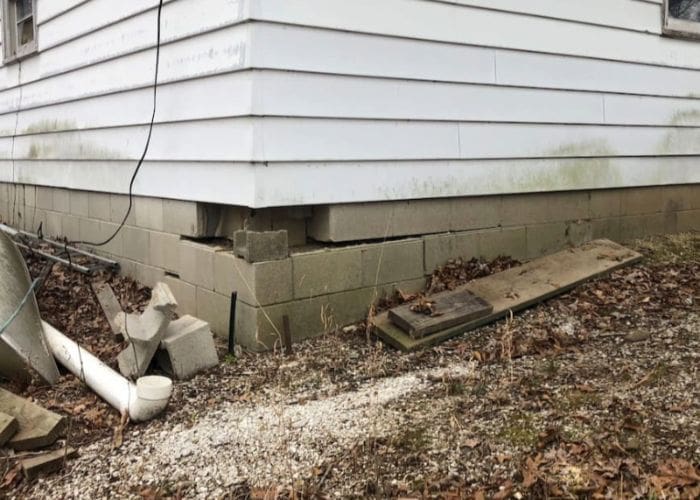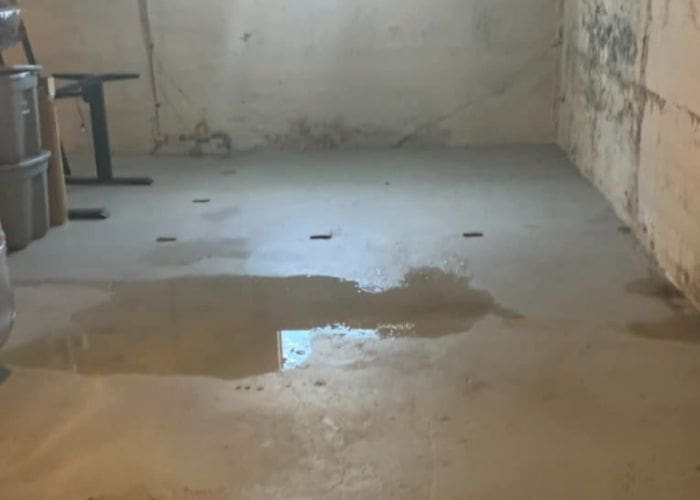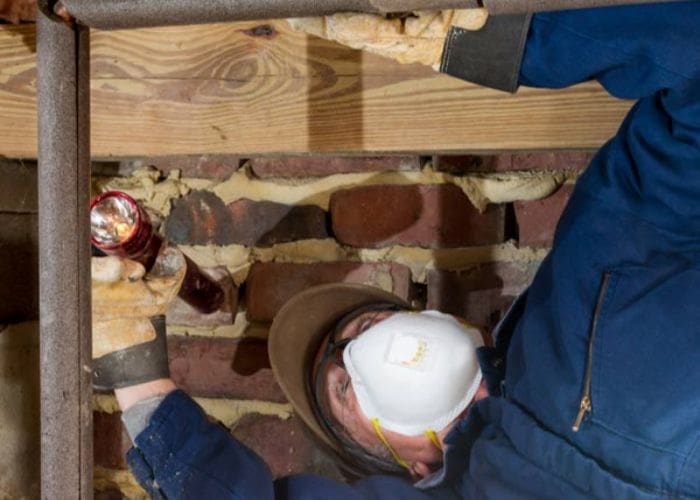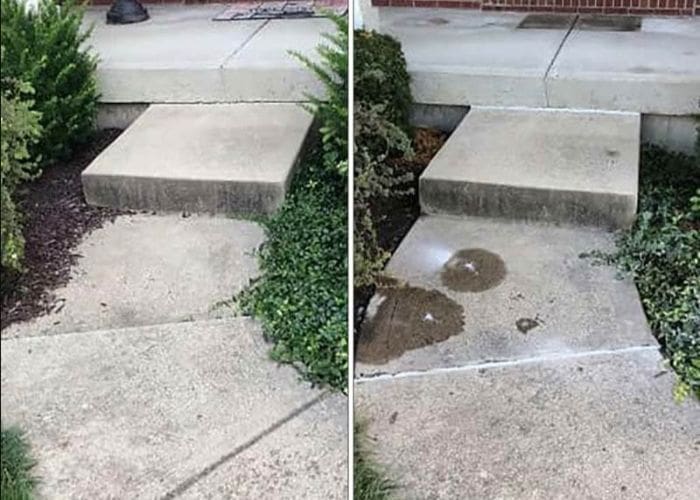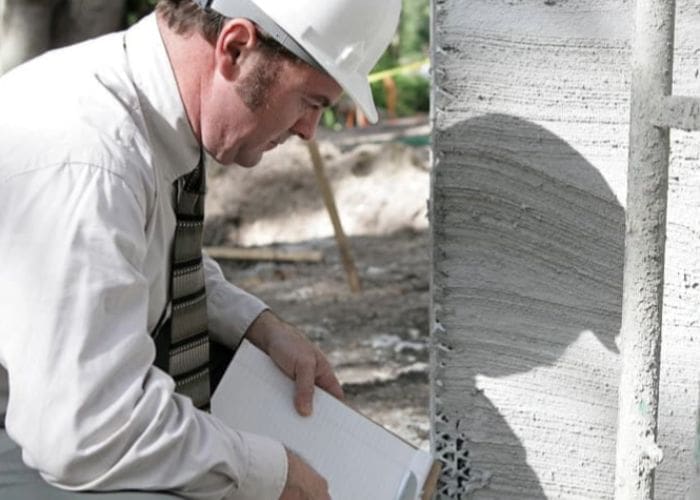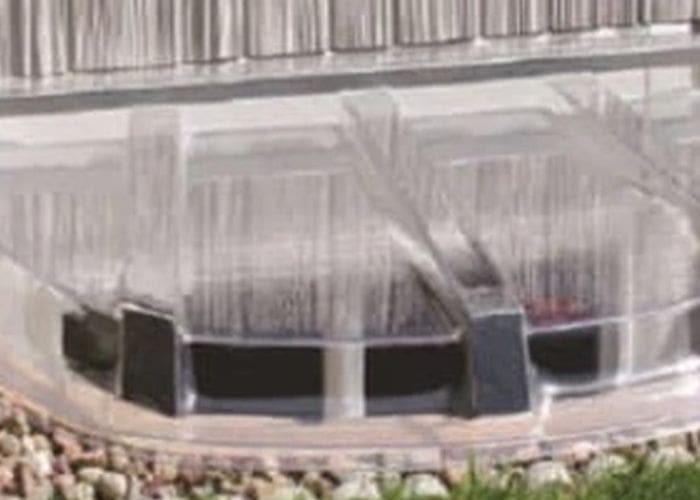When your home has issues with its foundation, basement or crawl space, you need to respond immediately.
Basement leak repair is essential to prevent water damage that can weaken your home’s structure. If left untouched, these problems jeopardize your family’s safety, ruin your property value, and lead to costly repairs.
